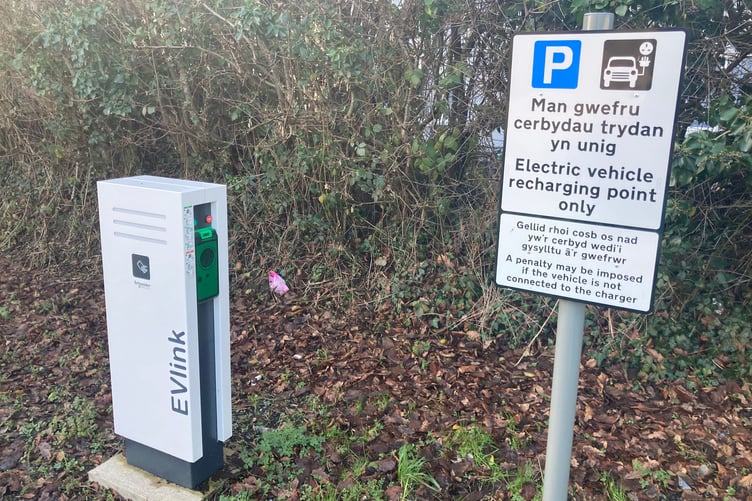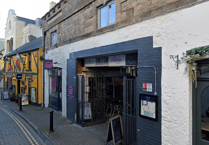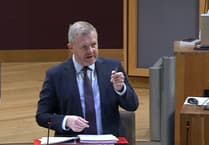An electric car-driving councillor said Carmarthenshire Council would save a fortune by replacing its 600-plus vehicles with battery-powered ones, but he was told it wouldn’t happen overnight and that there were many factors to consider.
Cllr Neil Lewis welcomed the aim of the council, which declared a climate emergency five years ago and wants to be “net zero” by 2030, to reduce the environmental impact of its 607 vans, lorries, minibuses and cars and move towards a decarbonised fleet. Upfront costs and charging infrastructure are two of the challenges.
“I’ve been driving electric cars for 12 years – I’m very aware of the advantages and disadvantages,” said Cllr Lewis.
The proportion of electric vehicles in the council’s fleet has risen from 1.8% to 8% and some funding for electric charging points at its depots has been secured.
Speaking at a place, sustainability and climate change scrutiny committee meeting, Cllr Lewis urged the council to lease electric vehicles for eight to 10 years rather than a shorter period as in his experience maintenance costs were very low. He also said charging at night during off-peak rates – known as “time of use tariffs” – made a big difference financially.

He claimed electric car batteries lasted around 25 years although their original capacity dropped by 1% to 2% per year. The Plaid Cymru councillor also said electric vehicles had less of an impact on air quality than diesel or petrol ones.
Dan John, the council’s head of environmental infrastructure, said the transition to an ultra low emission fleet had to be affordable and sustainable. “It’s not going to be overnight,” he said.
Mr John said the council looked at whether existing vehicles were needed, and if so whether their planned use could be extended.
Decisions about buying or leasing new ultra low emission vehicles considered operational needs, charging infrastructure, “whole life” costs, and potential grant funding. Mr John said there was also the question of ensuring council staff had the skills to maintain electric ones.
Cllr Gareth Thomas said he’d heard that insurance premiums for electric car drivers were up to 30% higher than for drivers of petrol and diesel ones.
He said someone he knew with an electric car reported that their vehicle battery’s capacity had declined to 60% after eight years of use.
Mr John said he’d respond in writing about the insurance premium matter.
Cllr Dai Thomas asked if fast-charging infrastructure at council depots could be made available to the public, and wondered how the UK Government would maintain current levels of fuel duty revenue as more and more drivers switched to electric.
On the first point, Mr John said charging points at depots had to be available for council vehicles at all times and public access was in some cases restricted.
Charging points, he added, were available at some leisure centres and other council-owned car parks.
The council’s vehicle fleet currently accounts for just under 20% of its overall carbon footprint. Cllr Aled Vaughan Owen, cabinet member for climate change, decarbonisation and sustainability, said: “We are taking this opportunity to transition our fleet seriously.”





Comments
This article has no comments yet. Be the first to leave a comment.